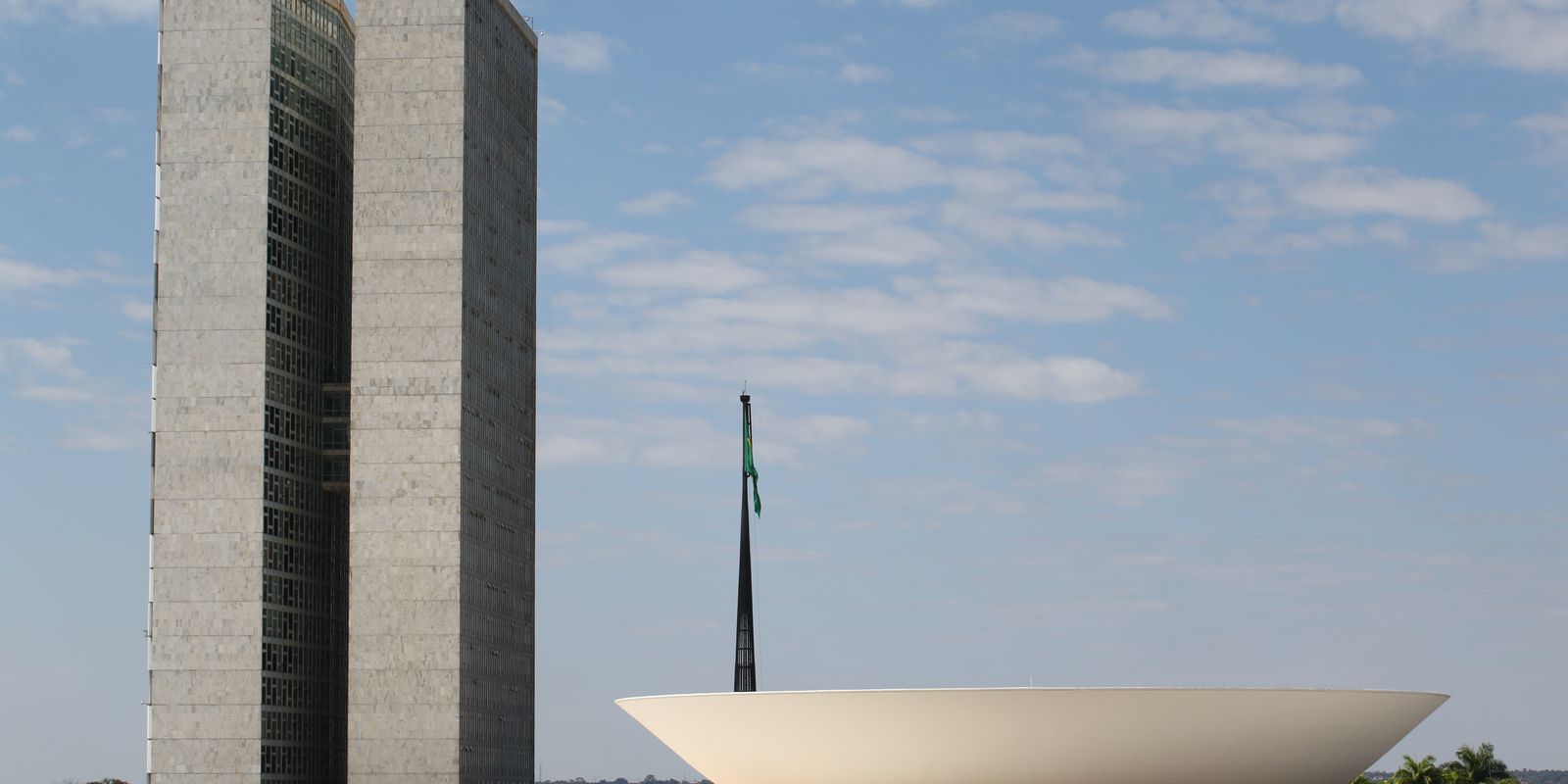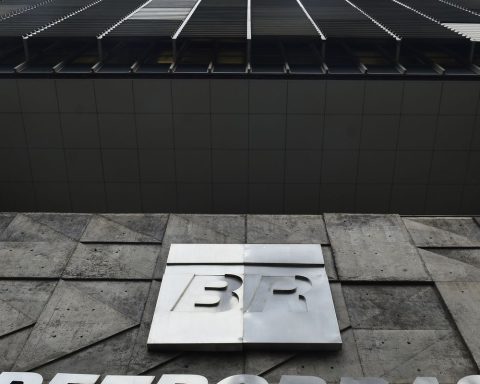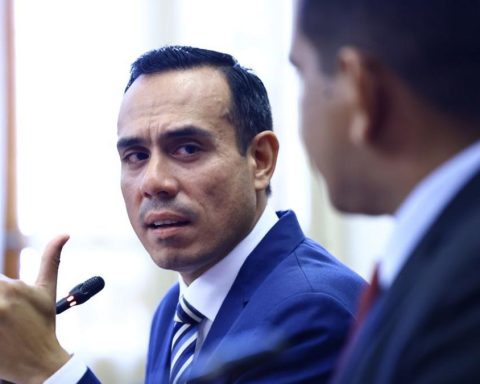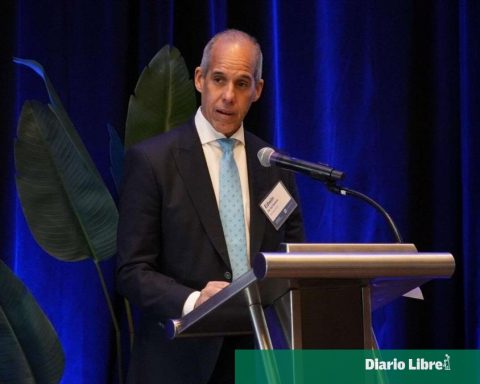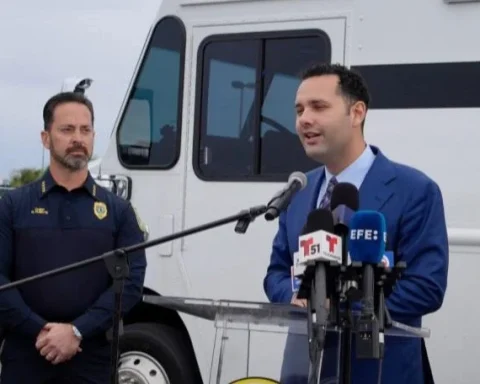The Chamber of Deputies approved this Tuesday (2) the provisional measure that creates a program for the renewal of the fleet of old vehicles used in the country’s mobility and logistics system. The matter goes to the Senate for review.
Named Renovar, the proposal was edited by the federal government in April this year and includes vehicles for road transport of goods, buses, minibuses and road implements. According to the text, initially, truck drivers who work in Autonomous Cargo Transport (TAC) will be able to participate in the initiative.
The proposal will be funded by resources from fines, from Cide-Combustíveis and from the amount directed to research by the oil companies. In the assessment of the proposal’s rapporteur, Deputy Da Vitória (PP-ES), the measure is important for the proper functioning of the economy, since the logistics matrix is concentrated in more than 60% in the road modal, “which makes this mode of transportation vital for the distribution of products and services”.
objective
According to the MP, among the objectives of the program is the removal of the fleet from circulation at the end of its useful life, with the dismantling or destruction of this equipment, reduction of logistics costs; innovation and creation of new business models; and improving the quality of life of transport professionals. According to the text, it will be up to the National Traffic Council (Contran) to define simplified procedures for the definitive write-off of vehicles classified as scrap.
“Given that nearly a quarter of our trucks are more than thirty years old, and therefore consume more diesel fuel and are more costly to maintain, their replacement with more modern vehicles has the potential to substantially impact freight costs, which in turn have a direct influence on inflation rates”, argued the rapporteur.
Fleet
According to data from the National Traffic Department of the Ministry of Infrastructure, there are more than 3.5 million trucks in circulation in Brazil. Of this total, about 26% have been manufactured for more than 30 years, which is already considered as the end of the vehicle’s useful life.
The rapporteur included in the text changes to the Brazilian Traffic Code to increase safety on the country’s roads.
“The changes will facilitate the performance of the components of the National Transit System in several aspects, such as, for example, the modernization of the notification process, the mandatory approval of specialized courses required by Contran and the characterization of an infraction related to collective traffic with open doors”, explained the deputy.
